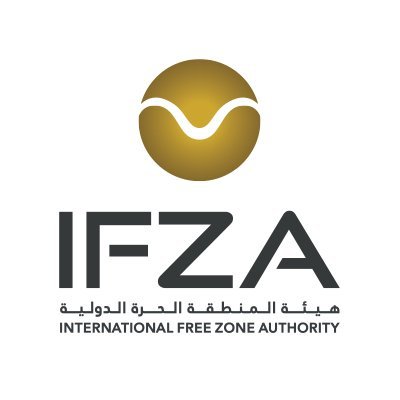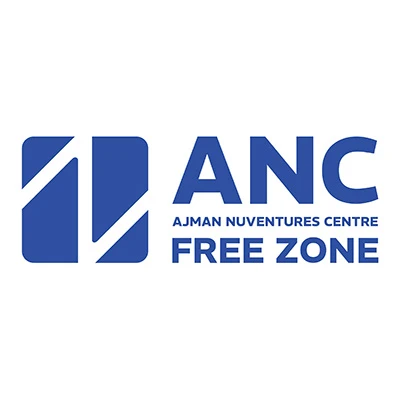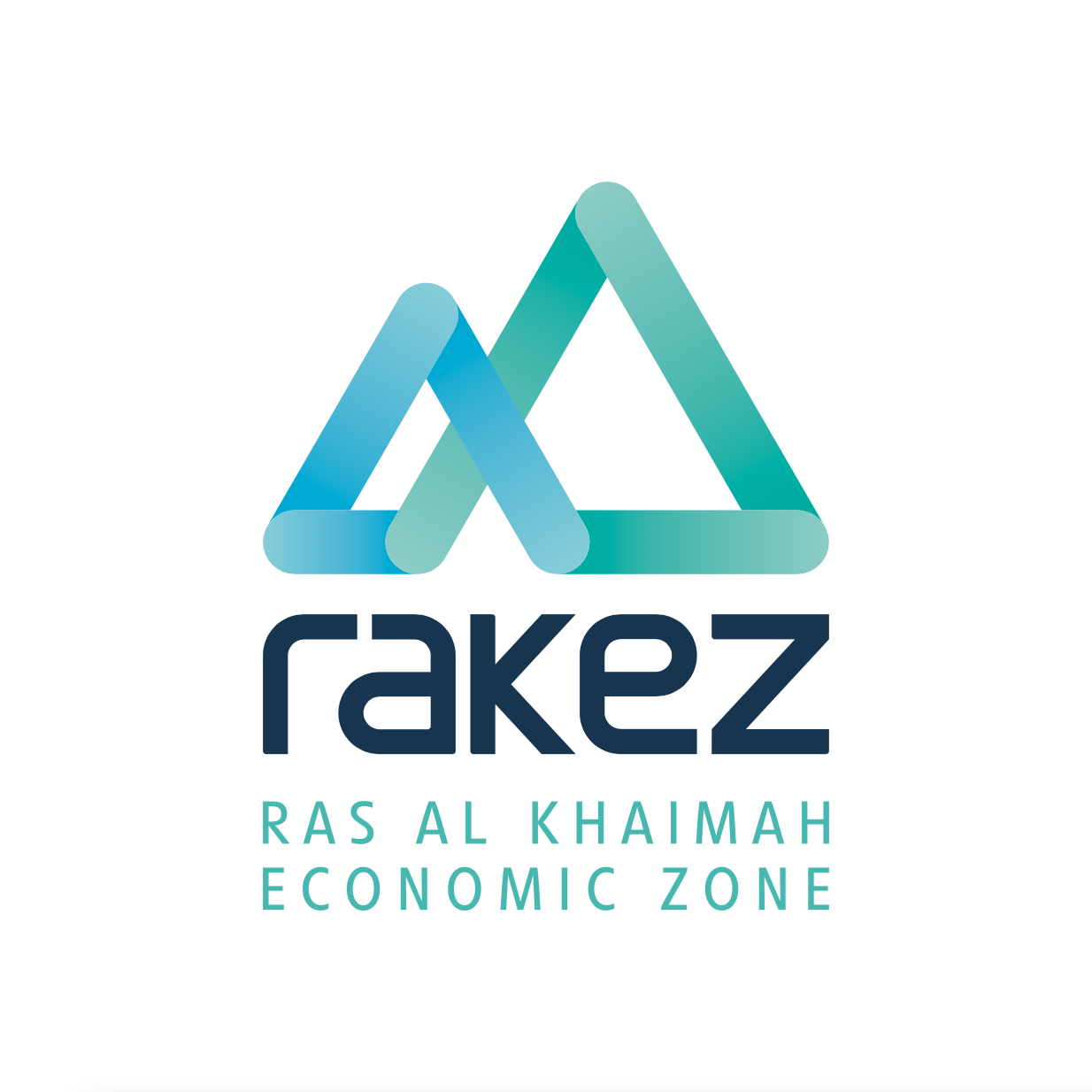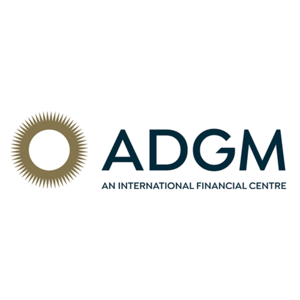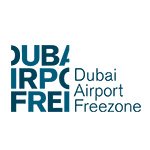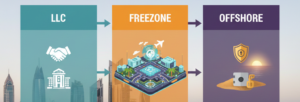
In the dynamic business landscape of the United Arab Emirates, entrepreneurs and high-net-worth individuals are constantly seeking robust structures for global expansion, asset protection, and wealth management. Among the most powerful tools available is the UAE offshore company.
But what are these entities really used for, and how can they provide a strategic advantage? Let’s move beyond the basics and explore the seven most impactful applications of a UAE offshore company today.
What Exactly is a UAE Offshore Company?

A UAE offshore company is a legal business entity registered in a specific jurisdiction (like RAK ICC or JAFZA) that is not permitted to conduct business within the UAE domestic market. Instead, its operations are exclusively international.
Investors are drawn to this structure for its core benefits:
- 100% foreign ownership
- Zero corporate tax on foreign-sourced income
- Strict confidentiality and privacy
- No requirement for a physical office or resident employees
These advantages make it a versatile tool for the strategic objectives we’ll explore below.
The 7 Most Common Uses for an Offshore Company in the UAE
1. The Ultimate Holding Company Structure

One of the most popular uses is to create a holding company. A UAE offshore entity can act as a central parent company that owns assets and shares in other businesses globally.
Key Advantages:
- Centralized Control: Streamline the management and control of multiple international subsidiaries and investments.
- Asset Protection: Insulate valuable assets (shares, property, IP) from operational risks, liabilities, and political instability in other countries.
- Simplified Succession Planning: Facilitate the smooth transfer of assets to heirs, avoiding complex and costly probate processes in multiple jurisdictions.
2. A Gateway for International Trading
A UAE offshore company is an ideal intermediary for global trade. You can use it to issue invoices, purchase goods from a supplier in one country, and sell them to a customer in another—all without the goods ever entering the UAE.
Key Advantages:
- No Import/Export Duties: Since the goods don’t physically transit through the UAE, local customs duties are not applicable.
- VAT Exemption: Transactions conducted outside the UAE are not subject to UAE Value Added Tax (VAT).
- Access to World-Class Banking: Leverage the UAE’s stable and reputable international banking system for seamless trade finance.
3. Confidential Real Estate Ownership

For investors in high-value real estate, both within designated areas of the UAE and internationally, an offshore company offers a layer of privacy and efficiency.
Key Advantages:
- Enhanced Confidentiality: The property is registered under the corporate name, shielding the individual owner’s identity from public records.
- Simplified Transfers: Selling the property can be as simple as transferring the shares of the offshore company to the new owner, often bypassing lengthy and costly land registry procedures.
- Asset Protection: The property is protected from personal liabilities and legal claims.
4. Centralized Intellectual Property (IP) Holding
Protecting your brand’s most valuable assets is critical. A UAE offshore company can be used to hold trademarks, patents, copyrights, and brand licenses. This offshore entity can then license the IP rights to operating companies around the world in exchange for royalties.
Key Advantages:
- Asset Consolidation: Centralize all your valuable IP under one secure legal entity.
- Risk Mitigation: Isolate your IP from any legal or financial risks faced by the operating subsidiaries.
5. A Flexible Investment Vehicle
Offshore companies serve as excellent special purpose vehicles (SPVs) for pooling capital and managing diverse investment portfolios.
Common Investment Types:
- Venture capital and startup funding
- Global stock and bond portfolios
- Private equity funds
- Large-scale real estate development projects
This structure provides a centralized, flexible, and often anonymous framework for managing joint ventures and investment funds.
6. Proactive Risk Management & Liability Protection
By segregating assets and business activities into different offshore entities, you can create a firewall. If one business venture faces legal or financial trouble, the assets held in a separate offshore company remain shielded and protected. This separation of personal wealth from business liability is a cornerstone of effective wealth management.
7. Strategic International Tax Optimization

While the UAE does not tax foreign-sourced income, the primary tax benefit is for entrepreneurs and investors residing in high-tax countries. A legally compliant UAE offshore company can be a key component of an international tax planning strategy, helping to legitimately reduce overall tax burdens.
Critical Compliance: Operating Your Offshore Company Legally
It is crucial to understand that “tax optimization” is not tax evasion. To operate legally and maintain their good standing, UAE offshore companies must adhere to strict international standards, including:
- Economic Substance Regulations (ESR)
- Ultimate Beneficial Ownership (UBO) disclosures
- Anti-Money Laundering (AML) and Counter-Terrorism Financing (CTF) laws
Failure to comply can result in severe penalties.
Choosing Your Jurisdiction: RAK ICC vs. JAFZA
The UAE offers two premier offshore jurisdictions:
- RAK International Corporate Centre (RAK ICC): Highly cost-effective, flexible, and globally recognized. Excellent for holding companies, IP, and international trading.
- Jebel Ali Free Zone (JAFZA): A prestigious and long-standing jurisdiction, closely associated with the DP World trade network. It is the only UAE offshore jurisdiction that allows for property ownership in designated areas of Dubai.
Unlock Your Global Potential with SCORP
From asset protection and tax planning to global trade and investment, a UAE offshore company is an exceptionally powerful and versatile tool. However, navigating the setup and compliance requires expert knowledge.
Important Tip: Always partner with experienced corporate service providers. At Sarsan Corporate Services, we ensure your 2025 offshore company formation is compliant, transparent, and perfectly aligned with your business goals. We can help you choose the right jurisdiction and navigate complex topics like Dubai mainland vs. free zone setups, visa processes, and more.
Contact us today for a free consultation to determine the best corporate structure for your needs.
Want to know more?
Contact us today! We specialize in helping entrepreneurs get their business and banking off the ground.
Get a FREE Consultation!
Frequently Asked Questions (FAQ)
Q1: Can a UAE offshore company own property in Dubai?
Yes, but only an offshore company registered with JAFZA is permitted to own real estate in designated freehold areas of Dubai.
Q2: Is a UAE offshore company completely tax-free?
It is exempt from corporate tax on foreign-sourced income within the UAE. However, you must still comply with the tax laws of your country of residence and any other country where you conduct business.
Q3: Do I need a visa to set up a UAE offshore company?
No, an offshore company does not grant you residency or a UAE visa, as it does not permit you to operate within the country.

